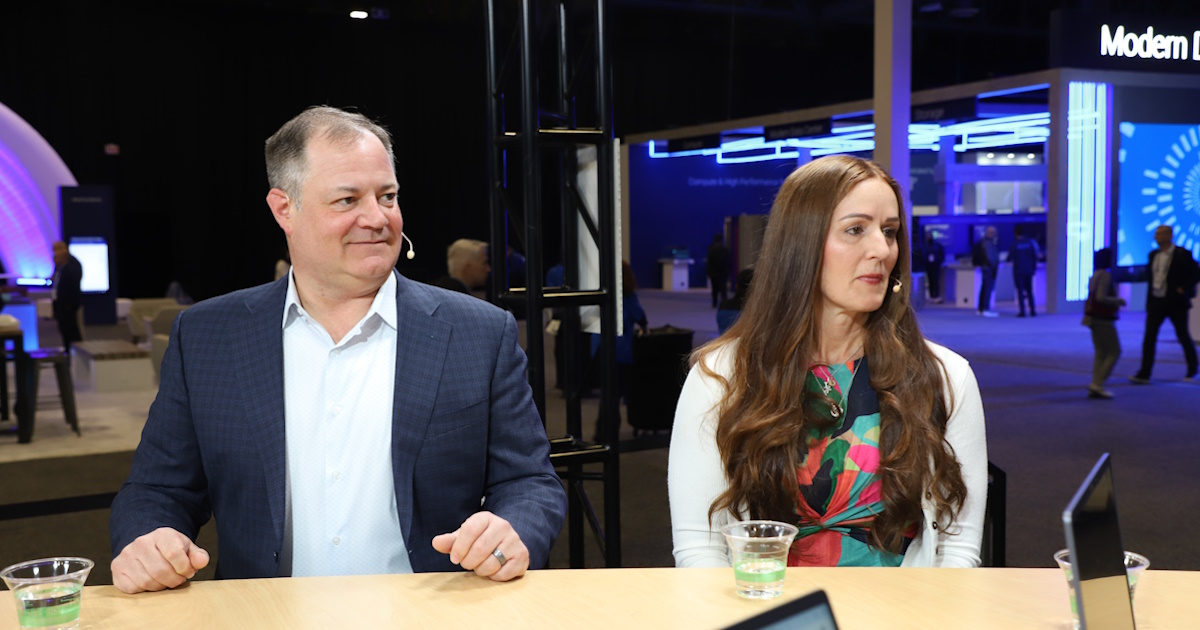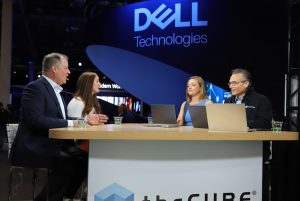 AI
AI
 AI
AI
 AI
AI
From workplace tools to personal assistants, artificial intelligence is becoming more agentic and intuitive. The next evolution of AI, marked by agentic AI, centers on systems that not only respond but proactively support users across everyday tasks. Whether embedded in a laptop’s neural processing unit or surfacing as a Copilot in Microsoft applications, these intelligent systems are transforming how we experience computing.
At the center of these changes are three key ideas: performance at the edge, platform-level transformation and the shift from passive tools to proactive, intelligent agents. From AI PCs that run on NPUs to productivity companions that understand voice commands and context, the conversation is evolving beyond features and into new frameworks for computing. This isn’t just about faster machines, it’s about redefining the relationship between people and their devices through technologies that can learn, assist and act on our behalf, according to Grant Duke (pictured, left), director of Windows commercial business development for Dell Technologies at Microsoft Corp.

Microsoft’s Grant Duke and Lisa Schaub talk about agentic AI with theCUBE.
“When you change that perspective, then it frees up now to innovating your business,” Duke said. “Your line of business applications that you’ve had because everyone’s been using Windows and trusted for decades, you’re not re-platforming those apps. You’re injecting those with AI, with small language models down at the edge. It all starts with the platform and it makes Windows exciting again.”
Duke and Lisa Schaub (right), U.S. Dell channel executive at Microsoft, spoke with theCUBE’s Dave Vellante and Savannah Peterson at Dell Technologies World, during an exclusive broadcast on theCUBE, SiliconANGLE Media’s livestreaming studio. They discussed how agentic AI and neural processing units are transforming everyday computing by enabling smarter, more proactive digital experiences across personal and enterprise settings. (* Disclosure below.)
With agentic AI shaping enterprise strategies, technologists are turning to integrated platforms to power everything from task automation to workplace onboarding. Devices equipped with NPCs are enabling new levels of efficiency, allowing systems to offload tasks from CPUs and deliver extended battery life and localized compute. That edge intelligence is not just enhancing productivity, it’s opening up new pathways for scalable, context-aware tools, Duke explained.
“The fundamental shift is the introduction of the NPU,” he said. “What the NPU brings us is performance per watt, and that ratio is what fundamentally changes. By offloading processes off the CPU onto the NPU, it frees up your CPU for more activity, but that’s what delivers then this increased battery life where you’re not just going a full day, but into day two.”
This infrastructure lays the foundation for software to evolve into intelligent agents that support everyday workflows. From Microsoft’s Copilot to small language models that interact directly with users, agentic AI is emerging as a vital support layer for digital collaboration and individual empowerment. These agents aren’t just extensions of software, they’re becoming proactive digital coworkers, according to Duke.
“It’s there to be your companion, help you get through the drudgery of work,” he added. “Then it migrates into this concept of agentic, and I know we’ve heard that term a lot this week, but bring in the capabilities where an agent will become, think of it like a digital employee, a resource in your environment.”
The long-term vision for agentic AI includes not just personal productivity, but shared institutional knowledge and real-time collaboration across teams. Imagine new hires walking in on day one and getting instant access to project histories, task lists and even company culture through AI-trained interfaces. That’s not a distant dream; it’s already being tested in organizations embracing AI transformation at scale, Duke explained.
“It’s available at everybody’s fingertips. Whether it’s just things of having semantic search and that making me individually more productive. That’s the idea in the naming on Copilot. It’s there to be your companion, help you get through the drudgery of work,” Duke said. “Then that resource becoming and upending the org chart where you literally will design projects and resources with digital assets and employees and the employees themselves. We’re on a journey of acceleration that’s really inspiring and exciting.”
Here’s the complete video interview, part of SiliconANGLE’s and theCUBE’s coverage of Dell Technologies World:
(* Disclosure: Microsoft Corp. sponsored this segment of theCUBE. Neither Microsoft nor other sponsors have editorial control over content on theCUBE or SiliconANGLE.)
Support our mission to keep content open and free by engaging with theCUBE community. Join theCUBE’s Alumni Trust Network, where technology leaders connect, share intelligence and create opportunities.
Founded by tech visionaries John Furrier and Dave Vellante, SiliconANGLE Media has built a dynamic ecosystem of industry-leading digital media brands that reach 15+ million elite tech professionals. Our new proprietary theCUBE AI Video Cloud is breaking ground in audience interaction, leveraging theCUBEai.com neural network to help technology companies make data-driven decisions and stay at the forefront of industry conversations.